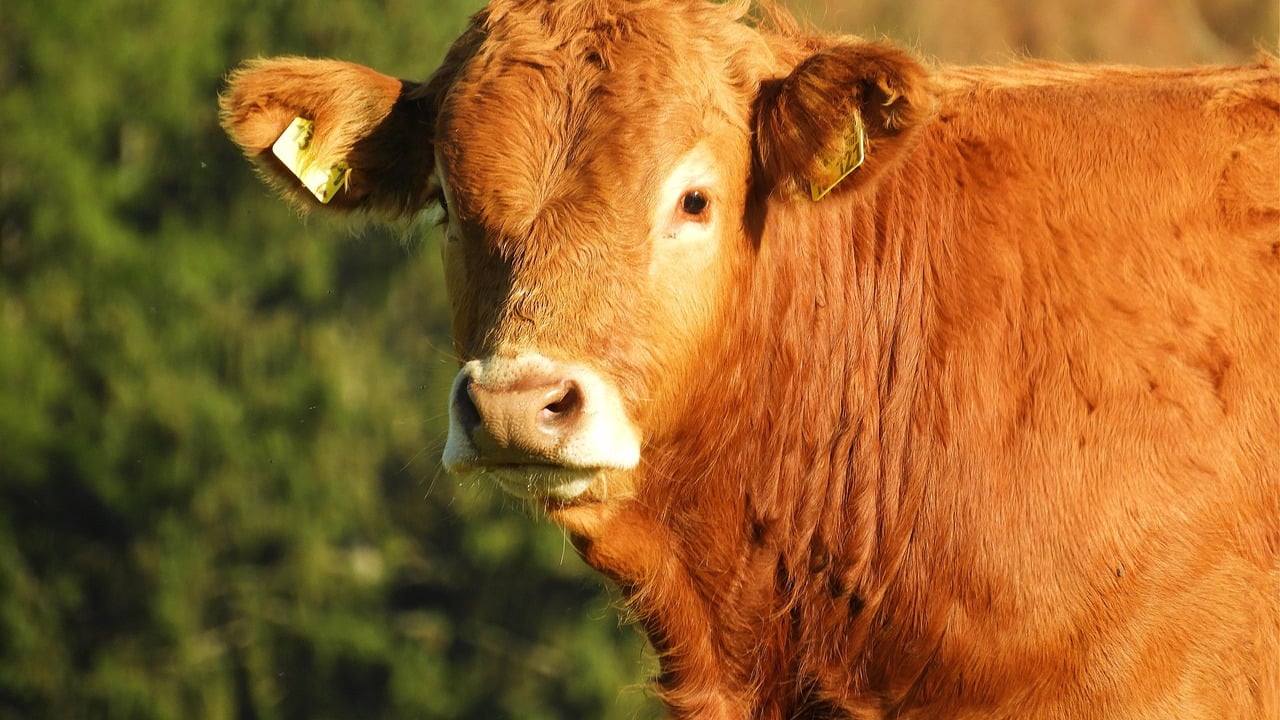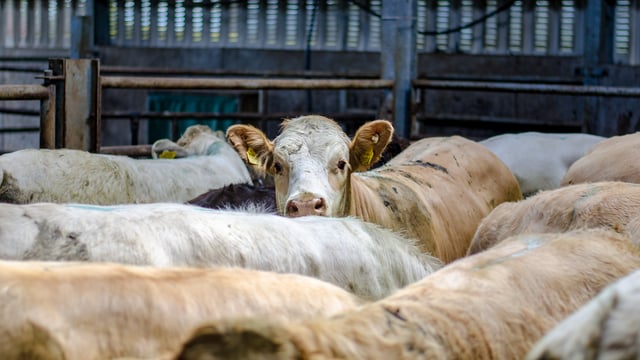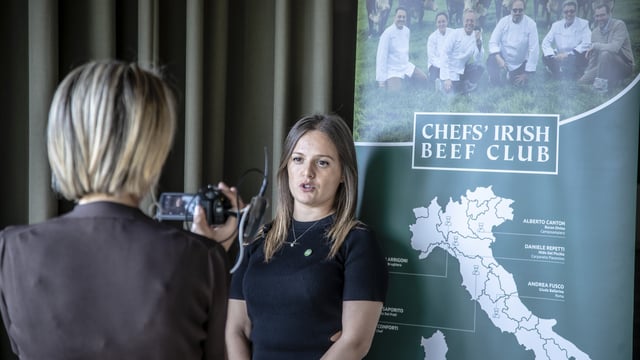Limousin society asks ICBF 'to remove' genetic evaluation in herd book
The Irish Limousin Cattle Society has today (Friday, February 7) confirmed that it has requested that the Irish Cattle Breeding Federation (ICBF) "remove the genetic evaluation of all registered animals" in its herd book.
In a statement issued today the society outlined: "Due to the fact that we are now living with the consequences of the decisions taken in relation to the evaluations by the ICBF board, the Technical Advisory Group (TAG), informed by the Teagasc Beef Economic model that was signed off without consulting or considering the implications for our breeders, we as a society will be requesting ICBF to remove the genetic evaluation of all registered animals in our herd book.
"We have decided upon this stance in the best interests of our breeders whose livelihoods are at stake."
ICBF
The Irish Limousin Cattle Society is the latest of the breed societies to make far reaching decisions in relation to concerns over changes to Irish Cattle Breeding Federation evaluations made last November.
At the Irish Simmental Cattle Society last December its members voted to "cease publishing ICBF evaluations in sales catalogues".
At the time society president, Willie O`Halloran, said: “The changes to the ICBF evaluations in November 2023 have been so drastic that there are putting breeders out of business, a lot of our best cows are being culled based on these evaluations.”
The Irish Parthenaise Cattle Society also took a decision “to not publish any of the revised Irish Cattle Breeding Federation (ICBF) Euro-star indices for pedigree animals going forward”.
Meanwhile the The Irish Blonde d’Aquitaine cattle society statement also said: “The current Euro-Star index system as administered and conducted by ICBF is not fit for purpose.
“We offer support to our fellow societies and fully encourage other societies to follow suit by not publishing Euro-star values on their sale catalogues.”
The Irish Salers Cattle Society and Irish Charolais Cattle Society have also voted to remove the indices from their respective society cattle sale catalogues.
According to the ICBF "there are over four million genotypes in the national database and counting" and it is the "largest beef genomics database in the world".





